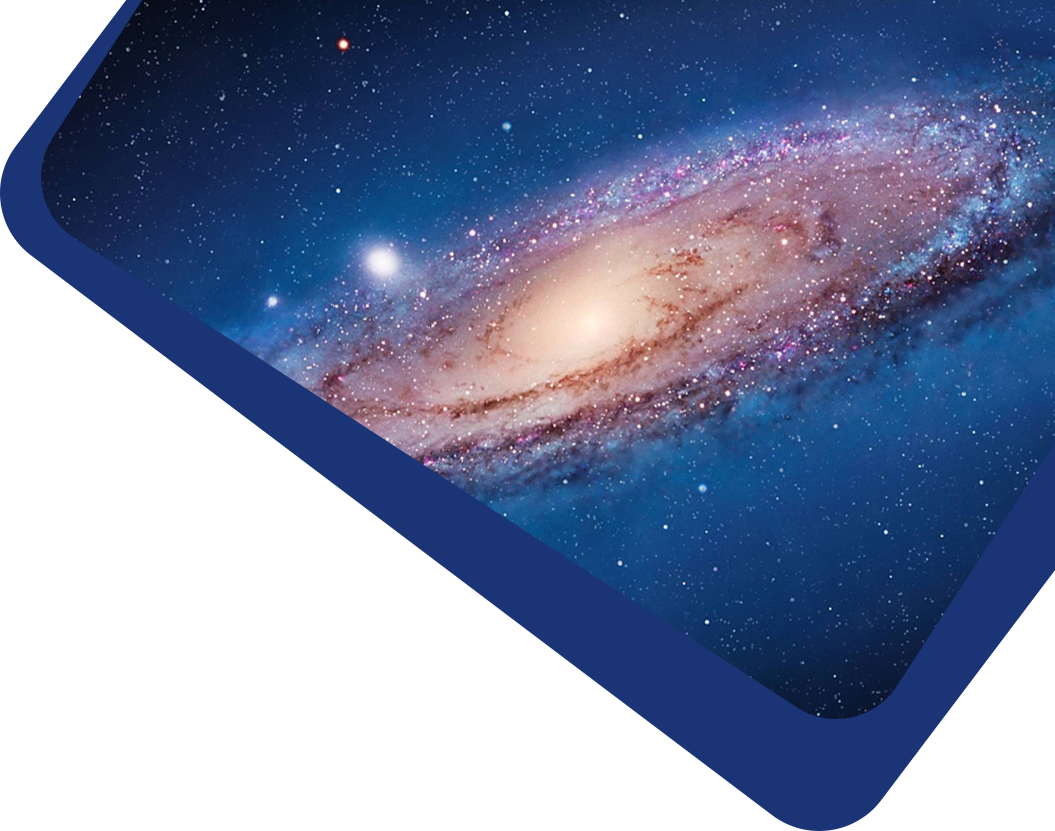Astronomical spectra are vital for deriving stellar properties, yet low signal-to-noise ratio (SNR) spectra often obscure key features, complicating accurate analysis. This study presents spec-Diffusion Probabilistic Models (DDPM), a novel deep learning approach based on DDPM, aimed at denoising low SNR spectra to improve stellar parameter estimation. Leveraging the LAMOST DR10 data set, we developed spec-DDPM using a tailored U-Net architecture (spec-Unet) to iteratively predict and remove noise. The model was trained on 28,500 low and high SNR spectral pairs and benchmarked against conventional methods, including Principal Component Analysis, wavelet techniques, and a modified DnCNN model. The spec-DDPM demonstrated superior performance, with reduced Mean Absolute Error, elevated Structural Similarity Index Measure, and enhanced spectral loss metrics. It effectively preserved critical spectral features and corrected continuum distortions. Validation experiments further confirmed its ability to improve stellar parameter estimation with reduced errors. These results underscore spec-DDPM’s potential to elevate spectral data quality, offering applications in restoring defective spectra and refining large-scale astronomical surveys. This work highlights the transformative role of deep learning in astronomical data processing.



